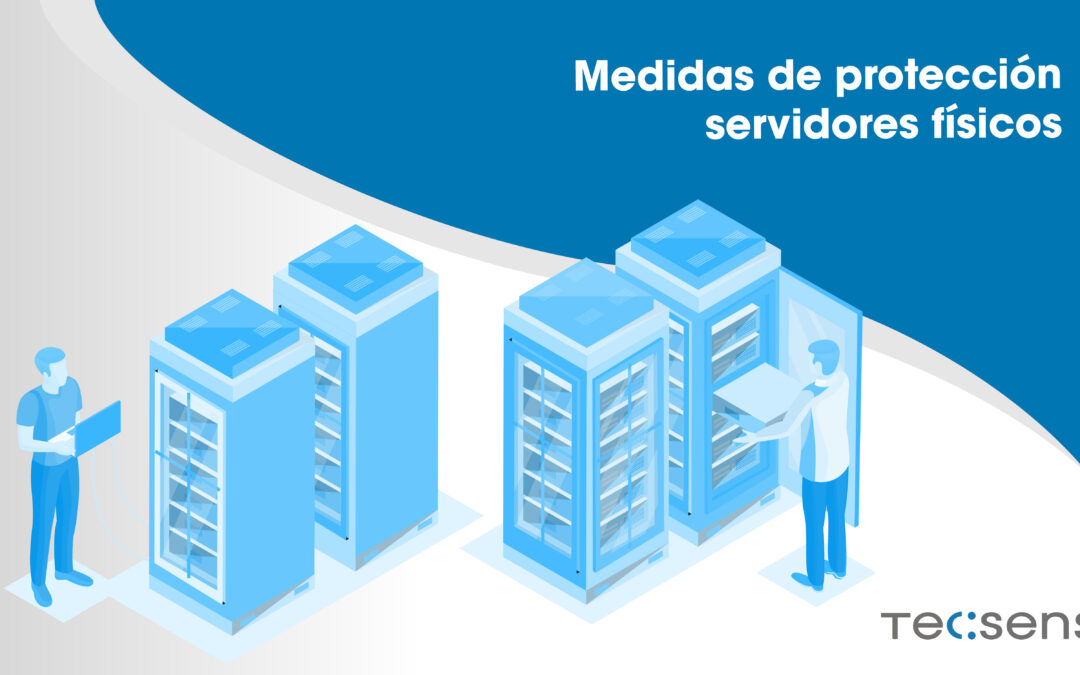While much of the attention has focused on cybersecurity and data protection in virtual environments, we should not overlook the importance of data protection on physical servers. These physical devices that store and manage data also need rigorous measures to ensure their security and privacy, we give you 4 physical server protection measures.
The Importance of Data Protection on Physical Servers
Although cloud and virtual infrastructures have gained popularity, physical servers remain an integral part of many organizations. These servers store critical and sensitive data that can include financial information, personal customer data, trade secrets, and more. The loss or compromise of this data could have serious legal, financial and reputational consequences. Therefore, data protection on physical servers is essential to ensure business continuity and customer trust.
4 physical server protection measures
Data protection on physical servers involves a series of measures to prevent unauthorized access and minimize the risks of data loss. Some of these measures include:
Secure Location
Servers must be maintained in a secure and controlled physical environment. Facilities must have restricted access systems, security cameras, alarms and physical security protocols.
Access Control
Only authorized personnel should have access to the areas where the servers are located. This involves implementing authentication systems such as access cards, fingerprints or even facial recognition.
Continuous Surveillance
Constant monitoring of servers and facilities can detect any intrusion attempts or suspicious behavior early.
Backup and Recovery
Data stored on physical servers should be backed up regularly and stored in secure off-site locations. This ensures that in the event of a disaster, data can be recovered without significant loss.
Data protection on physical servers cannot be separated from cybersecurity measures. The combination of physical and digital security creates a stronger defense against threats. This includes implementing firewalls, intrusion detection systems, and encryption of data in transit and at rest.
Regulatory and Legal Compliance
In many countries, there are strict regulations on data protection, such as the General Data Protection Regulation (GDPR) in the European Union. Organizations that handle data must comply with these regulations and establish adequate security measures on physical servers to avoid legal penalties.
Data protection on physical servers is a critical component of an organization’s overall security strategy. The combination of physical and digital security measures ensures that sensitive information is effectively safeguarded against internal and external threats. With growing awareness about the importance of data privacy and security, organizations must invest in proper protection of their physical servers to safeguard the integrity and confidentiality of the information they handle.




